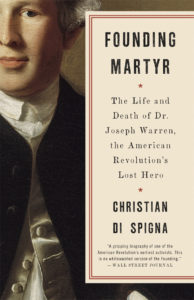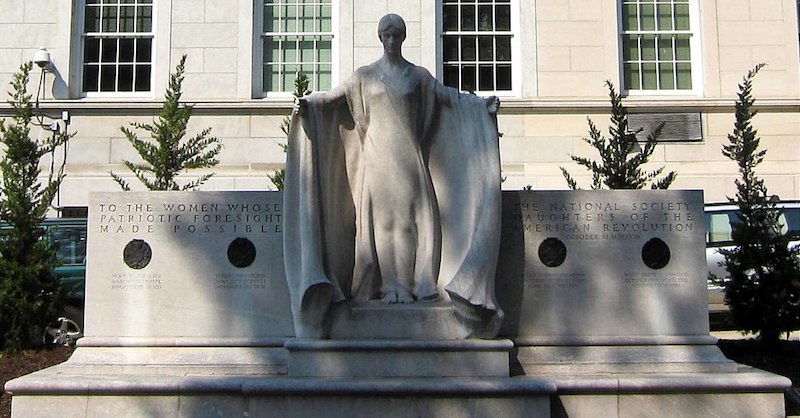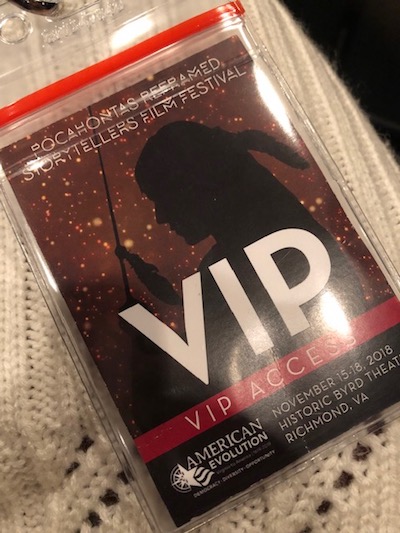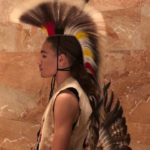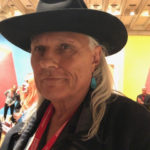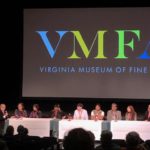Women in History: Telling a More Complete Story
The Martha We Learn About
I remember visiting Colonial Williamsburg when I first moved to Virginia. A reenactor spoke to our tour group about all Martha Washington accomplished during her life. Land holdings inherited from a first husband, passed via coverture to the second, George. Childbirth. Hostess to hundreds of visitors at Mount Vernon each year. During one particular hog-season, she oversaw the slaughter and smoking of 50 hams.
This five-foot-nothin’ Virginian had always been shown to me as a noble, rosy-cheeked woman who would become our first First Lady. Not once had I ever heard her being referred to as an aide-de-camp.
Martha as Aide-de-camp, No. 33
In 1776, aides-de-camp were all men—officers in the Continental Army who were General Washington’s private secretaries or couriers, who gathered intelligence, or handled Washington’s correspondence and social affairs. There were 32 in all. Until 1906.
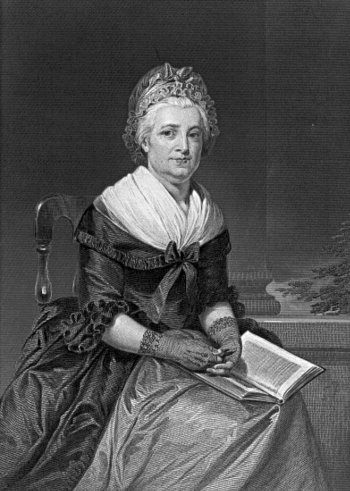
That year, Worthington Chauncey Ford, chief of the Manuscripts Division at the Library of Congress, reviewed Martha Washington’s role in the Cause. She often traveled with her husband and stayed at headquarters during the winter months, including Valley Forge in 1777, where she did more than simply improve morale through social events. She also fulfilled the role of clerical assistant to the general, contributing so much that Ford added Martha to the list.
While this designation is well-known among Revolutionary historians, for me that her contributions had been overshadowed for over 130 years—and never were they discussed in any of my American history classes—was a revelation. The lopsided history we’re often shown about the men winning the war, while the women smoked hams… well, that’s bologna. (To be sure, it was slaves who Martha was overseeing each hog-season, and their stories are thankfully getting deeper coverage in historic places now.)
Learning through my own studies that “contribution” is not tied to race, gender, or official rank has enabled me to feel quite free, especially as a “popular historian,” to chase history about lesser known roles, people, or events.
Besides, what could I possibly add to GW’s lexicon of life stories? According to biographer Ron Chernow, there are approximately 900 biographies about George. Plus over 6000 articles with his name in the title! Yeah… that’s enough already.

. . . . . . . . . . . . . . . . . . . . . . . . . . . . . .
Thanks for sharing in the spirit of learning about our collective American History by subscribing to the blog. Guest posts are welcomed and encouraged. Contact me for details.
For deeper dives on book-related research, giveaways, book news, and author events, subscribe to my e-publication, CHASING HISTORIES.

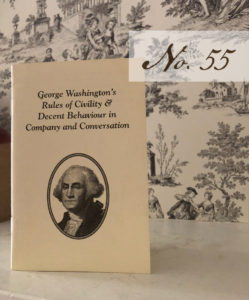 Out of Season Street Food
Out of Season Street Food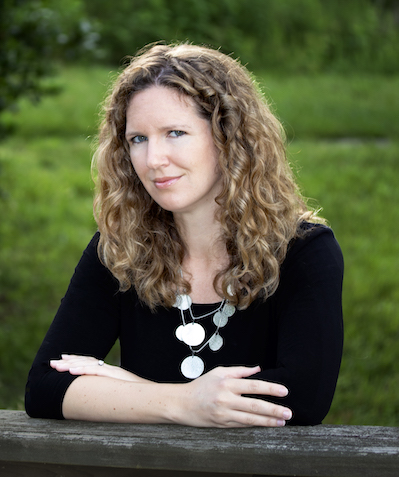 When people think of the American revolution, freedom comes to mind—freedom, liberty, and independence from the necessity of following rules established without any thoughtful representation. But these ideals weren’t and aren’t limited to government. The English language itself went through its own revolution, with founding fathers such as Ben Franklin at the helm here too.
When people think of the American revolution, freedom comes to mind—freedom, liberty, and independence from the necessity of following rules established without any thoughtful representation. But these ideals weren’t and aren’t limited to government. The English language itself went through its own revolution, with founding fathers such as Ben Franklin at the helm here too.
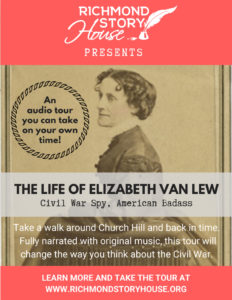
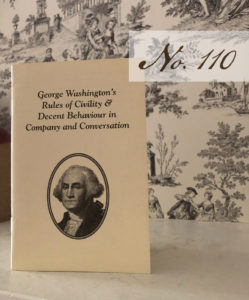 The Spirit of Giving
The Spirit of Giving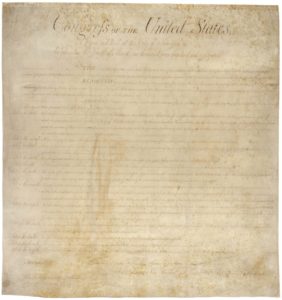
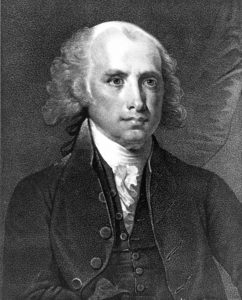
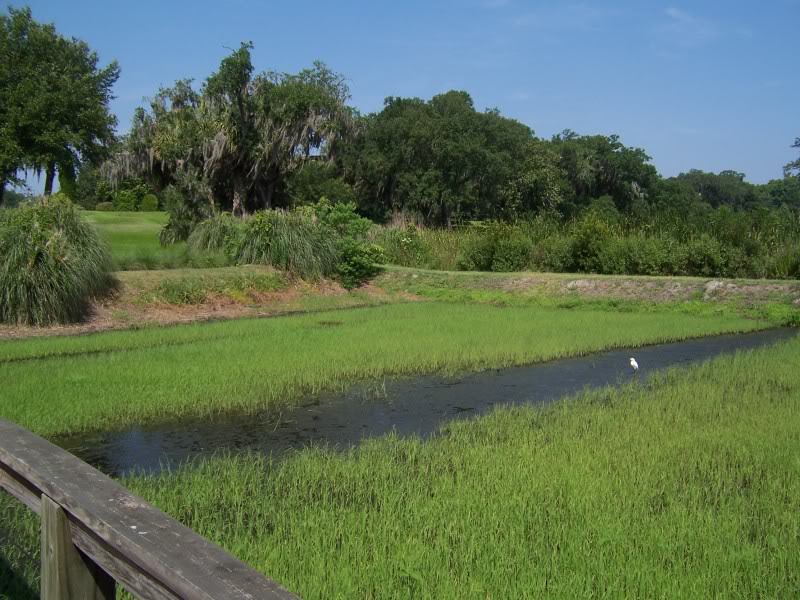
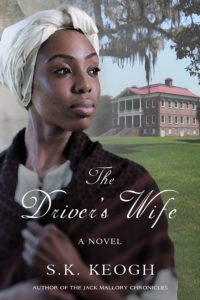 Susan first published a series of novels centered around the adventures of Jack Mallory, a young Englishmen who is both pirate and eventually the patriarch of a large rice plantation in the colonial province of Carolina.
Susan first published a series of novels centered around the adventures of Jack Mallory, a young Englishmen who is both pirate and eventually the patriarch of a large rice plantation in the colonial province of Carolina.